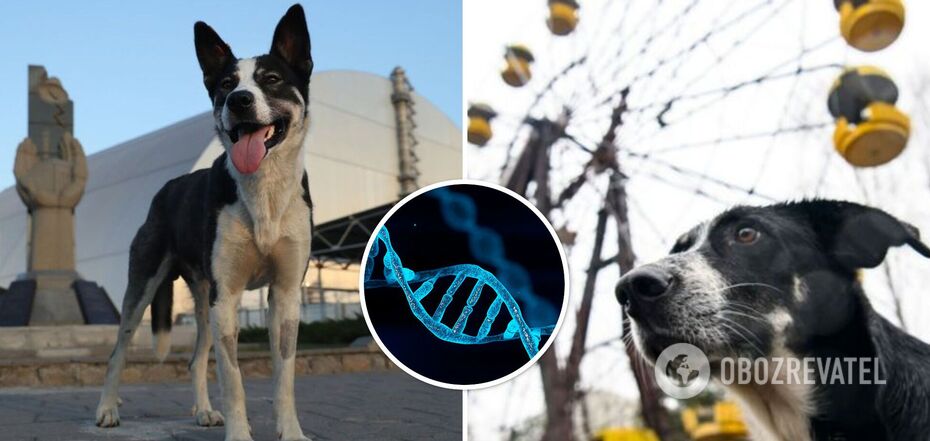Life
Dogs in Chernobyl have special genes: what scientists discovered
The Chernobyl disaster changed the world forever, and humanity will experience its consequences for decades to come. Recently, scientists made an important discovery. It turns out that dogs living in the Chernobyl zone have special genes.
Evacuation in 1986 was spontaneous and poorly organized, some people were promised that they would soon return home, so that residents of Pripyat, Chernobyl and nearby settlements simply did not have the opportunity to take their pets with them. Dogs that live in the exclusion zone are the descendants of pets that people left behind during the evacuation. More details about the genetic characteristics of Chernobyl dogs were reported by the Daily mail.
A total of more than 160,000 residents of the northern regions of the Kyiv region were evacuated after the explosion in 1986. Scientists analyzed the blood of more than 300 dogs that still live near Chernobyl. The experts found that the dogs could be divided into three genetically similar groups.
All of them live either at the Chernobyl nuclear power plant or in nearby areas, such as the town of Slavutich, which is only 45 km from the nuclear plant.
Groups of animals live at different distances from the epicenter of the explosion, so scientists were able to determine the level of radiation exposure of dogs from their DNA. The study aims to identify animal and human survival patterns in regions of high and persistent environmental exposure.
Geneticist and author of the study Dr. Elaine Ostrander emphasized that the scientists had a unique opportunity to answer the question: how did animals survive in such a hostile environment for 15 generations?
Genome analysis showed that the three populations of dogs living in and around Chernobyl were genetically different. Individuals in each population may have had genetic mutations that allowed them to survive and reproduce.
Tim Musso, co-author of the study, said, "The fact that populations remain so isolated means that they provide an incredible tool to study the impact of this type of environment on mammals in general.
The study can show how quickly or the impact of radiation changes the genomes of large mammals.
Previously OBOZREVATEL told that scientists investigated the question: will dogs survive in a world without humans.
Subscribe to OBOZREVATEL channels in Telegram and Viber to keep up with the latest news.





























